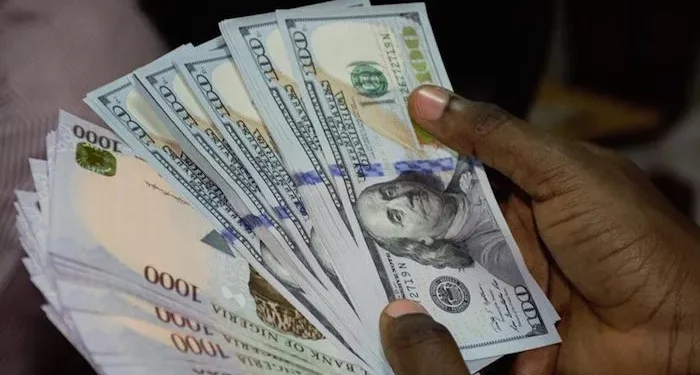Nigeria Central Bank vows to clear forex backlog ‘within a short time’
“We are worried and concerned that the exchange rate volatility has escalated into such a terrifying contagious national epidemic that it is now herculean to mitigate,”
- Advertisement -
Nigeria’s central bank said it plans to clear a foreign-exchange backlog estimated at about $5 billion within a short space of time as it seeks to attract investment back into the economy and reduce pressure on the naira, which hit a fresh low.
The lender “released $500 million to various sectors,” of the economy almost two weeks after paying about $2 billion to settle outstanding commitments across industries including manufacturing, aviation and petroleum, it said in an emailed statement on Monday.
- Advertisement -
The bank intends to clear all the backlogs “within a short time,” and resolve “fundamental issues that have hindered the effective operation of the Nigerian foreign-exchange markets,” it said.
- Advertisement -
The backlog has made Africa’s biggest-oil producer unattractive to foreign investors as it makes it difficult to repatriate earnings due to the acute dollar shortage. Earlier this month foreign airlines in Nigeria threatened to strike unless the government allowed them to repatriate their funds.
Since taking office in May, President Bola Tinubu has sought to deal with the issue. In June, he relaxed Nigeria’s foreign-exchange regime. The move ended years of trying to manage the currency but has yet to have the desired effect.
- Advertisement -
Dollar scarcity persists, resulting in the naira continuing to depreciate on both the official and unauthorized market, even after initially plunging about 40%.
On Friday, it traded as low as 1,421 naira per greenback on the official market, after dollar liquidity fell 20.3% to $100.97 million, according to Lagos-based investment bank Chapel Hill Denham. In the unauthorized market, which meets the needs of those unable to access the official market, the naira depreciated 2.5% to 1,450 naira a dollar on Monday, said Abubakar Mohammed, chief executive for Forward Marketing Bureau de Change Ltd., which compiles the data.
“We are worried and concerned that the exchange rate volatility has escalated into such a terrifying contagious national epidemic that it is now herculean to mitigate,” Aminu Gwadabe, president of the Association of Bureau de Change Operators of Nigeria, said by phone, while urging the government to attract “stronger buffers to defend the local currency.”
- Advertisement -


